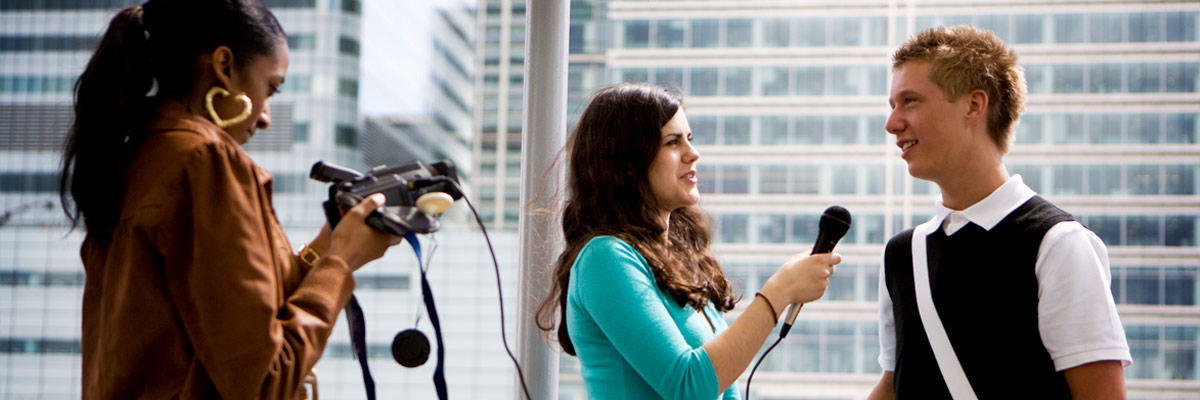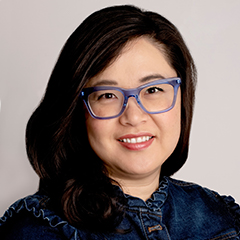When we look back on the official record of these times, we are likely to see a grim representation of our society and nation. A frayed American identity marked by hostility and violence, a lack of trust and faith in institutions and elected officials, and a sense of powerlessness against the economic, political, and social forces dividing the country. These are the dominant narratives told and retold in mass media and, while they reflect our present reality, they are not the whole story.
Across the nation, people and communities are engaging in acts of "civic imagination," a phrase coined by Dr. Henry Jenkins and Dr. Sangita Shresthova at the University of Southern California. They are imagining a different future, organizing themselves into new groups and networks, and using new tools and paradigms to engage in civic activity and social change. When these acts reach a certain scale, as they have with the Movement for Black Lives or the Women's March, they are covered by the news media. But the more interesting and untold story is that there are many hundreds of examples of individuals and groups across the nation engaged in civic and political activities, small and large-scale, which supply the oxygen for hope and optimism.
To accelerate those activities and to bring more people into those spaces, the newest area of work in MacArthur's long-standing Journalism and Media Program is support for organizations that enable, encourage, and amplify civic media-making. We are supporting nonprofit organizations that train and amplify fresh voices, with a particular emphasis on empowering young people and historically marginalized communities to tell their own stories, shape the public narrative, and assert influence over the matters that concern them. We call this work "participatory civic media."

For too long, too many communities have felt isolated. Their fears and hopes unheard, their daily lives unseen by mainstream media outlets and unrecognized by people different from them. This could be true of working class people, people of color, young people, older Americans, immigrants, people with disabilities, and countless others whose perspectives and experiences have been boxed into convenient and often inaccurate stereotypes.
Not satisfied with generic labels or incomplete stories, communities are creating their own media, inviting ordinary people to share their lived experiences, and bypassing established news organizations to serve as sources of information, analysis, commentary, and conversation.
With MacArthur support, Define American developed the #UndocuJoy project to broadcast life-affirming testimonials from undocumented people, in contrast to the predominant images of undocumented people as perpetual victims. Localore: Finding America, an initiative of the Association of Independents in Radio, produced multimedia stories that repositioned community members as experts on the place they call home and included their insights about persistent challenges as well as everyday triumphs.
Not satisfied with generic labels or incomplete stories, communities are creating their own media, inviting ordinary people to share their lived experiences....
DoSomething.org uses social media to engage millions of young people in local civic actions to improve their schools and communities, such as hosting clothing drives for homeless families and questioning unscientific high school texts that deny evidence of climate change. Youth Radio launched the Youth News Network to connect youth media makers from different backgrounds and experiences, including Native youth from Alaska with those from rural Appalachia and urban centers such as Oakland and Chicago. The stories, distributed on various outlets from NPR to Teen Vogue, have included deeply personal and moving accounts of young people who are living with undocumented parents, trying to get an education when they are homeless, or confronting the realities of the school to prison pipeline.
Many of these civic media organizations are led by young professionals of color or first-generation American citizens. These groups are encouraging and spreading the practice of civic imagination; they are changing the dominant narrative little by little, community by community, and exercising their democratic rights and responsibilities in a uniquely 21st Century way. The people and organizations MacArthur supports and their inspiring work make us optimistic about the possibility of a better future, one that is more just and inclusive for all Americans.




